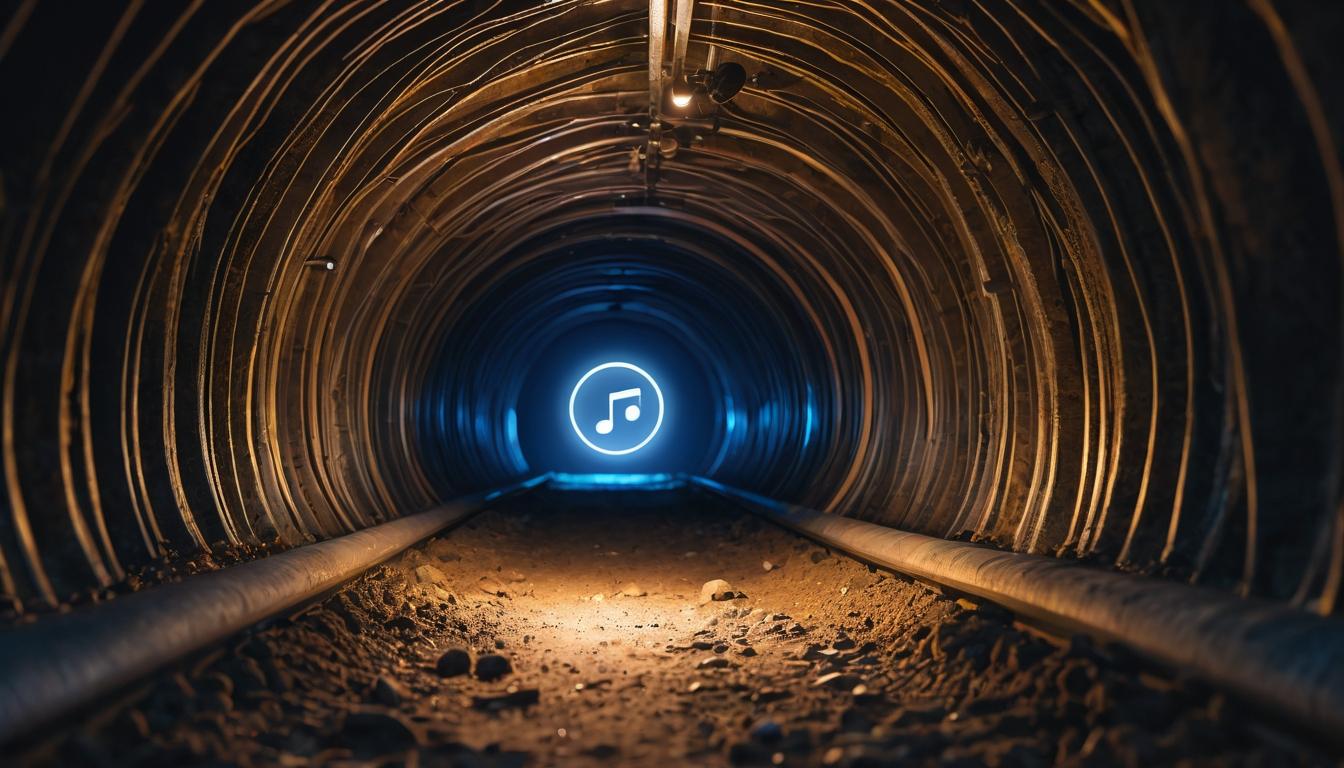The music industry has always been a landscape of haves and have-nots, but the digital age has created a new kind of stratification. While streaming platforms promise democratization, a parallel ecosystem has emerged where algorithms, not A&R executives, determine what gets heard. This isn't about Spotify's Discover Weekly—this is about the underground networks, the Discord servers, and the TikTok micro-trends that are quietly reshaping how music finds its audience.
On platforms like Bandcamp and SoundCloud, artists are bypassing traditional gatekeepers entirely. They're uploading tracks directly to niche communities, where algorithmic recommendation engines—often custom-built by fans—surface content based on listening patterns too subtle for mainstream platforms to detect. These systems don't care about marketing budgets or label backing; they respond to genuine engagement, creating pathways for artists who would have been invisible just a decade ago.
The rise of hyper-specific genres is another telltale sign of this shift. Where once we had broad categories like "rock" or "electronic," we now have "drainwave," "hexd," and "slowed + reverb"—micro-genres born from online communities and sustained by algorithmic curation. These aren't just stylistic labels; they're entire ecosystems with their own distribution channels, visual aesthetics, and economic models. Artists operating in these spaces often generate sustainable incomes through Patreon and direct sales, completely outside the traditional industry structure.
Meanwhile, artificial intelligence is becoming both collaborator and curator. AI-generated music is no longer a novelty; it's a growing segment of the underground landscape. From tools that help bedroom producers master their tracks to algorithms that generate entirely new compositions based on specific mood parameters, AI is changing the creative process itself. The most interesting developments aren't happening in major label boardrooms but in open-source communities where developers and musicians collaborate on tools that challenge our very definition of authorship.
The live experience is transforming too. Virtual reality concerts and blockchain-ticketed events are creating new revenue streams and audience connections. While mainstream media focuses on million-dollar metaverse deals, the real innovation is happening at the grassroots level—artists hosting VR listening parties for a few dozen dedicated fans, or using blockchain to create unique digital collectibles that fund their next recording project.
Social media platforms have become the new A&R departments, but not in the way most people think. It's not about viral moments; it's about sustained community building. Artists are cultivating dedicated followings through platforms like Twitch and Discord, where they share not just music but their creative process, building relationships that translate into long-term support rather than fleeting fame.
The data tells a fascinating story. Analytics tools once available only to major labels are now accessible to independent artists, allowing them to track listener behavior across platforms and optimize their release strategies accordingly. This isn't about chasing algorithms; it's about understanding audience patterns and building sustainable careers outside the traditional industry framework.
What's emerging is a new musical middle class—artists who may never have a chart-topping hit but who build viable careers through direct fan relationships and smart use of digital tools. They're the ones experimenting with NFTs before they become mainstream, testing new distribution models, and building communities that transcend geographical boundaries.
The most exciting music being made today often exists in these spaces between the cracks of the mainstream industry. It's music that responds to algorithmic feedback loops, that embraces digital collaboration, that finds its audience through networks rather than marketing campaigns. This isn't the future of music—it's the present, happening right now in Discord servers, on niche streaming platforms, and in virtual spaces most people haven't discovered yet.
The traditional music industry isn't disappearing, but it's no longer the only game in town. A parallel ecosystem has emerged, one where success is measured not in chart positions but in community engagement, where algorithms serve as creative partners rather than just distribution channels, and where the most exciting innovations are happening far from the spotlight.
The underground algorithms reshaping music discovery

